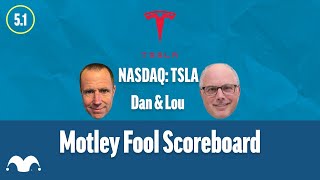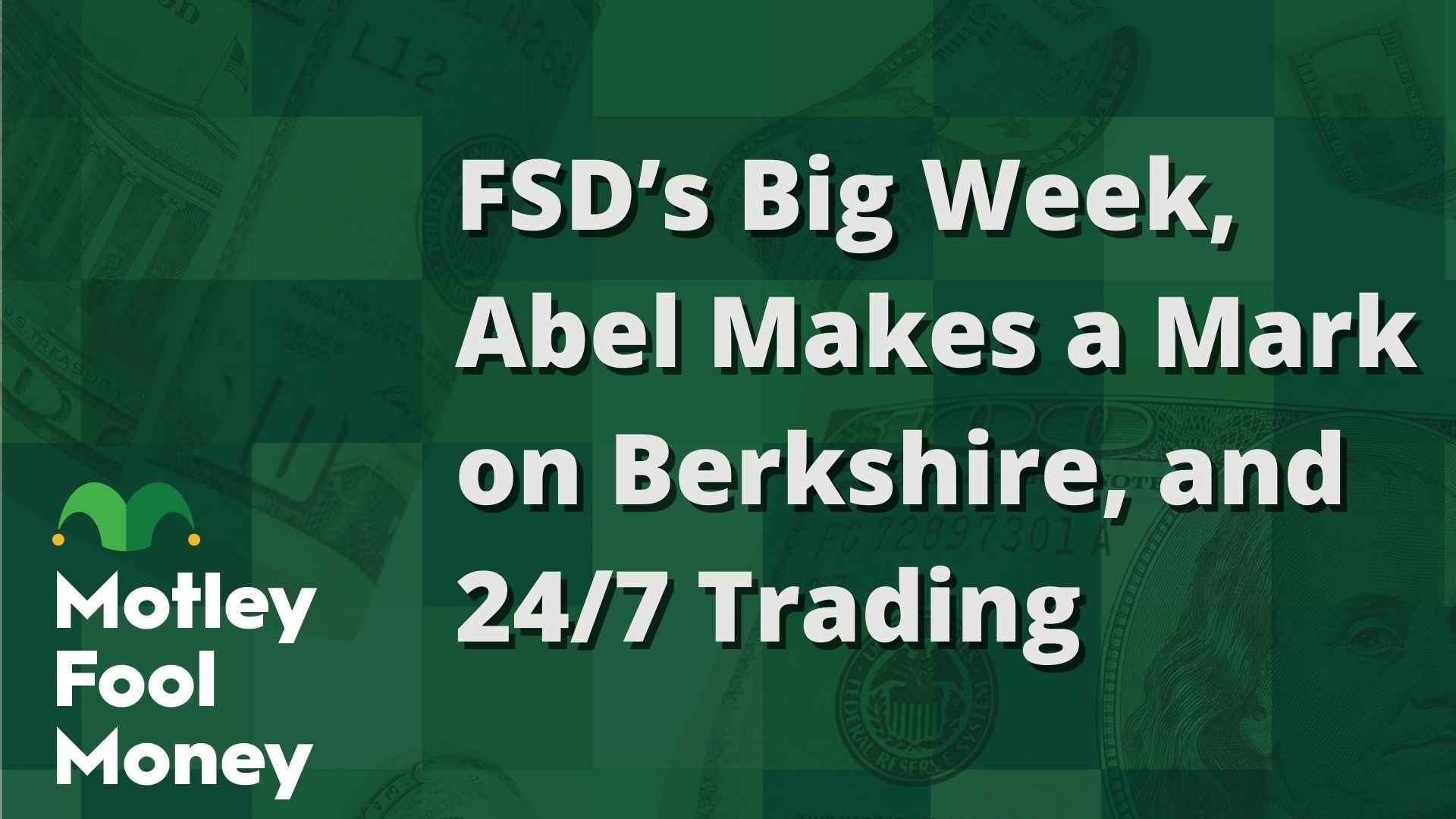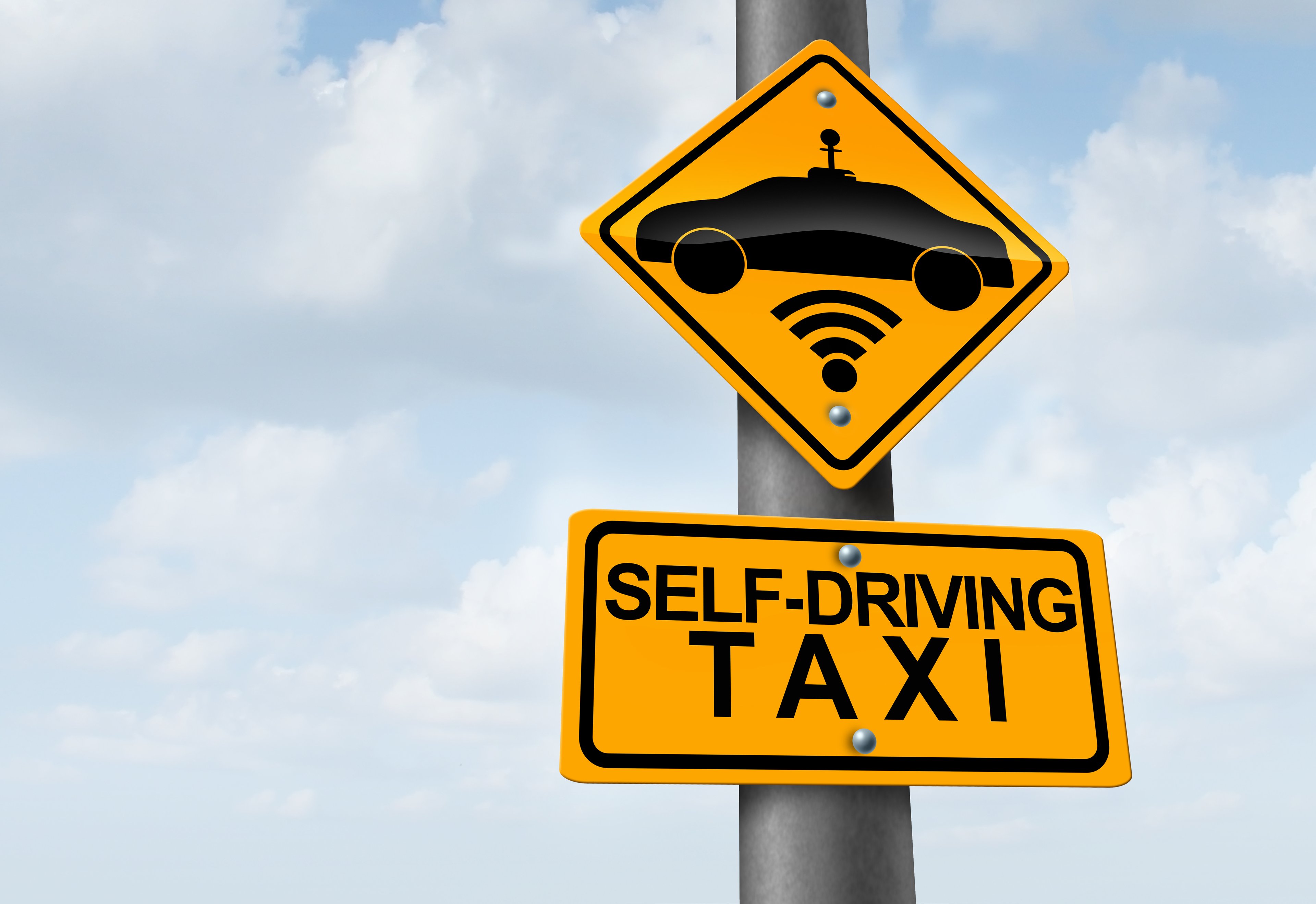Tesla, Inc. (TSLA 2.00%) has been a battleground stock ever since its 2010 IPO. Back then the company's mission to bring electric cars to the masses seemed like a shot in the dark, but those who doubted the company along the way have paid a big price. Tesla stock is up nearly 1,400% since its debut.
Despite that record, the stock remains a popular short bet as 27% of its float is sold short.
The bear argument against the automaker is clear. Tesla detractors believe shares are overvalued, especially compared to more conventional automakers like General Motors (GM +0.32%) and Ford (F 0.50%), which trade in single-digit earnings valuations. Tesla, they argue, is inflated with hype and will never be able to match the manufacturing volume of legacy car-makers who crank out millions of vehicles a year.
While that case may seem logical, it overlooks a number of key factors that have made the stock such a big winner so far -- and should continue to push it higher in the coming years.

The Tesla Model 3. Image source: Tesla Motors.
Ahead of the curve
Tesla has consistently been ahead of the competition with its development of electric cars and now autonomous vehicles. The company has pushed the envelope with electric vehicles in a way no other automaker with cars like the high-performance Roadster and the Model S sedan, which won Motor Trend's car of the year in 2013. With its new Model 3, which starts at $35,000, the company is making its first big play for the mass market, received more than 500,000 orders before the car was even available.
All Teslas being produced now have the hardware for full self-driving capability, and CEO Elon Musk said earlier this year that a Tesla should be fully autonomous within two years. The company plans to test a self-driving car from Los Angeles to New York without human interference.
Since Tesla's vehicles come with similar equipment but different software packages, the company can upload new software to existing cars as it becomes available, or it can allow for greater range, as the company did for people fleeing from Hurricane Irma last month.
Tesla is also ahead of the competition with its supercharger network as electric cars won't go mainstream until buyers know they can charge them away from their homes. The company is expected to have more than 10,000 superchargers around the world by the end of the year, and the technology can get Teslas back on the road in as little as 20 minutes, much faster than public charging stations.
The brand halo
Elon Musk is widely considered a visionary, and for good reason. After co-founding Paypal, he started or led three successful futuristic ventures, including SolarCity and SpaceX, which is now valued at $21 billion, in addition to Tesla. More than anyone else in business, Musk is shaping the role that renewable energy will play in the future, and as solar cells and electric cars will only become more efficient, Tesla figures to be at the center of that revolution. Musk's leadership is a big reason for Tesla's valuation, and he regularly spins off zany ideas like the Hyperloop, colonizing Mars, and redesigning Puerto Rico's electric grid, a sign that the sky is the limit for Tesla. Bears who short the stock because of the company's production constraints or a similar complaint aren't thinking big enough about the company's future.
Partly because of Musk, partly because people love its cars, and partly because demand for its cars is so much greater than supply, Tesla has a brand halo unlike any other in the auto industry. Tesla's brand and reputation is much different than that of the conventional automakers, and that's unlikely to change even if GM and Ford develop similar vehicles as Tesla's brand is uniquely associated with high-performing electric vehicles. That, along with the soaring demand for its products, which is also unrivaled among automakers, should allow the company to charge a premium and deliver greater profit margins than its competitors once it reaches scale.
The Gigafactory
Though Tesla is best known for its electric cars, the company's biggest opportunity, and what could give it a true competitive advantage, may be in batteries. The company is currently investing billions to build its Gigafactory in the Nevada desert, and Musk envisions many like it around the world.
The car-maker broke ground on the factory in 2014, as a joint venture with Panasonic, and the project is expected to reach full capacity by 2020. Management says the Gigafactory, which will supply the company's energy storage products, will be able to produce 500,000 vehicles annually by next year.
When it's completed, the factory's annual production capacity will be 35 gigawatt-hours, or roughly the equivalent of all the battery production in the world today. The economies of scale inherent in the Gigafactory, which is expected to be the biggest building in the world when it's completed, will help lower the cost of Tesla's battery cells significantly, giving the company a cost advantage and expanding its market through lower-priced products.
There's no question that Tesla remains a risky stock and will continue to be volatile, but investors have shown time and again that they are willing to give the company plenty of leeway. For instance, the stock actually finished higher the day Tesla reported September Model 3 production results way under forecast.
The upside potential for Tesla is just too great to risk shorting the stock. Between electric cars, autonomous vehicles, batteries, solar power, and anything else Musk can dream up, the future looks bright for the car maker in more ways than one.










